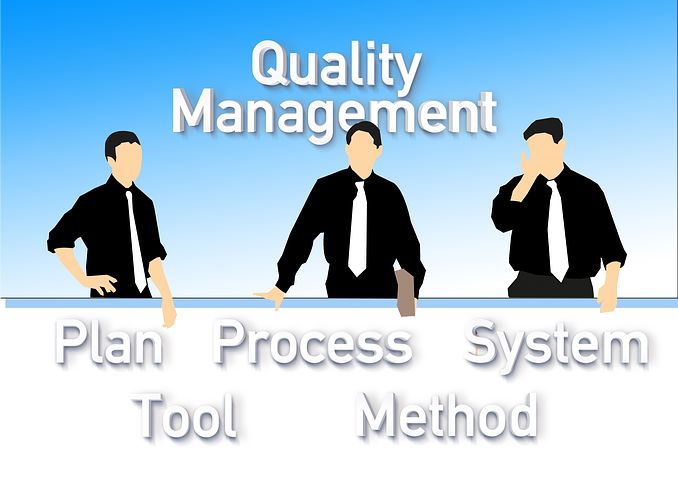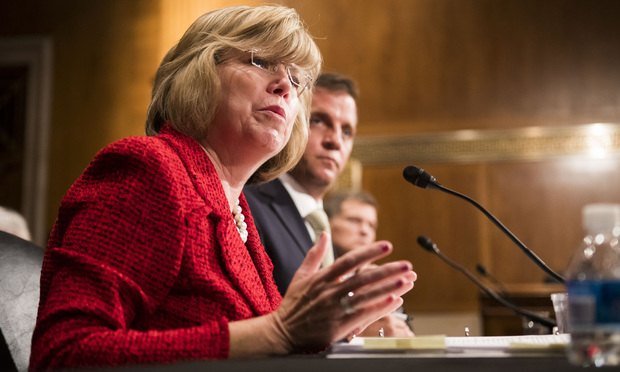Below is a review of the posts (on Facebook, LinkedIn, and Twitter) from the past week. You can check out the full posts by clicking on the links.

In the post on Sunday 4/12/20, we learned that Walmart is taking workers’ temperatures and that your boss could too — what the coronavirus pandemic means for workplace laws. Walmart’s action follows the new law that extends FMLA leave in certain circumstances and more. The pandemic generates many questions, such as whether someone can be fired for having COVID-19 (no) and the laws that come in to play (see the post); whether someone can be fired because of the situation created by COVID-19 (see the post); and whether someone can be fired for coughing on the job (see the post and the ADA). As to an employer taking temperatures, that is explicitly allowed under guidance issued by the EEOC related to COVID-19 – see the post for a link. The post also addresses whether employers must provide PPE (an acronym we all know now!).
TAKEAWAY: While the environment has changed due to COVID-19, many laws still apply, so know what you can and cannot do at this time.

The post on Monday 4/13/20 told us that DOL has addressed the coronavirus’ FMLA and FLSA implications. Yes, DOL also issued guidance – the links are in the post. They touch on whether employers must pay workers who are unable to telecommute if they are required to do so and if leave to avoid the pandemic is covered by the FMLA. There are also certain steps recommended for all employers, whether operating under the old normal, the new normal, or not at all – see the post.
TAKEAWAY: Again, know the rights and obligations of both employers and employees – consult an employment lawyer to answer your questions.

The post on Tuesday 4/14/20 told us a casino hostess wins sexual discrimination case against chief executive of the Ritz Club after he mocked her (yes, the world is still turning despite COVID-19). She began working there in 2016; her job was to socialize with gamblers to ensure they had a good time. The chief executive was former Army officer. So, what did he say to her? He called her a china doll, said she had a bottom like Kim Kardashian’s, and more noted in the post. She tried to transfer away from him but was turned down. Could it get worse? Unfortunately, yes. She was fired after telling managers she was pregnant. The court found in her favor and will determine damages.
TAKEAWAY: Everyone, from the top down, must know what they can and cannot say and do. Loose lips can indeed take down your ship.

The post on Wednesday 4/15//20 was about understanding landlords’, Associations’, and property managers’ duties during the COVID-19 crisis. This matters as there may be an effect on the health, safety, security and privacy standards of owners/residents and the management and operations of buildings and amenities. The first thing is for the owners/managers to know their duties. That is discussed in the post in detail and includes a review of an Association’s Governing Documents. Next is for the owners/managers to stay informed, including national, state and local orders or directives related to the pandemic. How and why they may be helpful is noted in the post. A third step is also listed in the post and details how it might be implemented.
TAKEAWAY: Owners/managers must know what to do and what they can do – discussing and formulating a plan with an attorney knowledgeable in community association and employment law as affected by COVID-19 may be required.

In the post on Thursday 4/16/20 we learned that a transfer as a religious accommodation for worker who refused vaccine is ok. A firefighter who was also a minister, had received exemptions from the employer’s flu shot requirement on religious grounds. However, the employer then began requiring TDAP vaccination; he again sought an exemption on religious grounds. The response was different this time – see the post. He declined the options that were offered (making the arguments noted in the post) and was fired. He sued. The federal trial court ruled in favor of the employer and that was affirmed on appeal. The decision highlights the interaction of Title VII and the ADA and an employer’s duties under each.
TAKEAWAY: Know the laws, which apply to a given situation, and how to fulfill any requirements under the law(s). Get legal assistance to ensure compliance.

The post on Friday 4/17/20 asked: What can employers ask and disclose about COVID-19? The pandemic does not discriminate – it has and will continue to hit all workplaces, so employers need to know what they can do in the new norm or going forward. The EEOC has jumped into the “fray” and posted a webinar with responses to many common questions (see the post for the link). If you don’t want to watch the whole 45-minute webinar (which we suggest you do), the post contains some Q&A, including whether employers can question employees entering the workplace if they have COVID-19 or symptoms, if an employer can disclosure information about an employee who has tested positive or shows symptoms, and if COVID-19 qualifies as a disability under the ADA.
TAKEAWAY: We keep saying the same thing: while the environment has changed due to COVID-19, many laws still apply, so know what you can and cannot do at this time.

Finally, in the post yesterday 4/18/20, we suggested that you make something good out of COVID-19: adopt worker privacy protections on company devices. In the past, we’ve discussed BYOD (bring your own device) policies, but COVID-19 has made employers confront that on a larger scale as many employees are now working entirely form their homes. It is no longer a question of secure e-mail, but now secure access to more (or all) company information on a remote computer. The post talks about the things to consider and how to implement them. The post also talks about the rights and obligations of both employers and the employees when working remotely. Make sure your policy covers all possible situations (or leaves wiggle room for it).
TAKEAWAY: Review polices you have in place or develop new ones for today and after the pandemic leaves us; contact me or another employment lawyer for assistance.

 York, Pennsylvania 17403
York, Pennsylvania 17403